Marseille, France’s second-largest city and most culturally diverse urban center, has pioneered an innovative dining revolution that challenges conventional restaurant economics. Across the Mediterranean port city, approximately 10 restaurants solidaires—social enterprise restaurants—have emerged as powerful models combining haute cuisine excellence with community solidarity initiatives. These groundbreaking establishments blend Michelin-starred culinary artistry with charitable missions, employment rehabilitation programs, and accessibility initiatives that fundamentally reshape how gourmet food reaches underserved populations.
At the heart of this movement lies a profound philosophical shift: restaurateurs have embraced the notion that exceptional cuisine need not remain the exclusive domain of wealthy diners. Instead, these establishments strategically price meals to ensure accessibility while maintaining culinary integrity, operational sustainability, and meaningful employment opportunities for marginalized community members.
Le République: Marseille’s Flagship Social Enterprise Restaurant
Where Michelin-Star Cuisine Meets Community Employment
Le République stands as one of Marseille’s most accomplished examples of restaurant solidaire success. Behind the establishment’s ornate facade, head chef Sébastien Richard orchestrates lunch service featuring sophisticated dishes that reflect Provence’s culinary heritage and Mediterranean traditions. Diners encounter starters like smoked mullet adorned with sea fennel butter—invoking the salty maritime history embedded within Marseille’s ancient port character. Subsequent courses include hay-smoked cheese paired with rice flour, showcasing organic ingredients sourced from surrounding Provençal countryside.
Le République operates under a radically different business model than conventional fine-dining establishments. Approximately 40% of patrons dine for merely €1 per three-course meal, while staff members frequently include recently released prisoners transitioning back toward mainstream employment. Many diners visiting Le République have never previously set foot inside a fine-dining restaurant environment, representing first-time experiences with haute cuisine.
Employment Rehabilitation Through Culinary Excellence
Co-founder Sylvain Martin articulates Le République’s central mission as “insertion professionnelle”—facilitating marginalized individuals’ reintegration into mainstream employment. The restaurant deliberately recruits individuals facing substantial employment barriers: people diagnosed with autism spectrum disorders, single mothers unable to secure work across 20-year periods, individuals lacking literacy skills, and former incarcerated persons transitioning from penitentiary systems.
“We have employed people with autism, single mothers who haven’t been able to work for 20 years, people who can’t read,” Martin explains. “We have had so many profiles that I can’t list them all!”
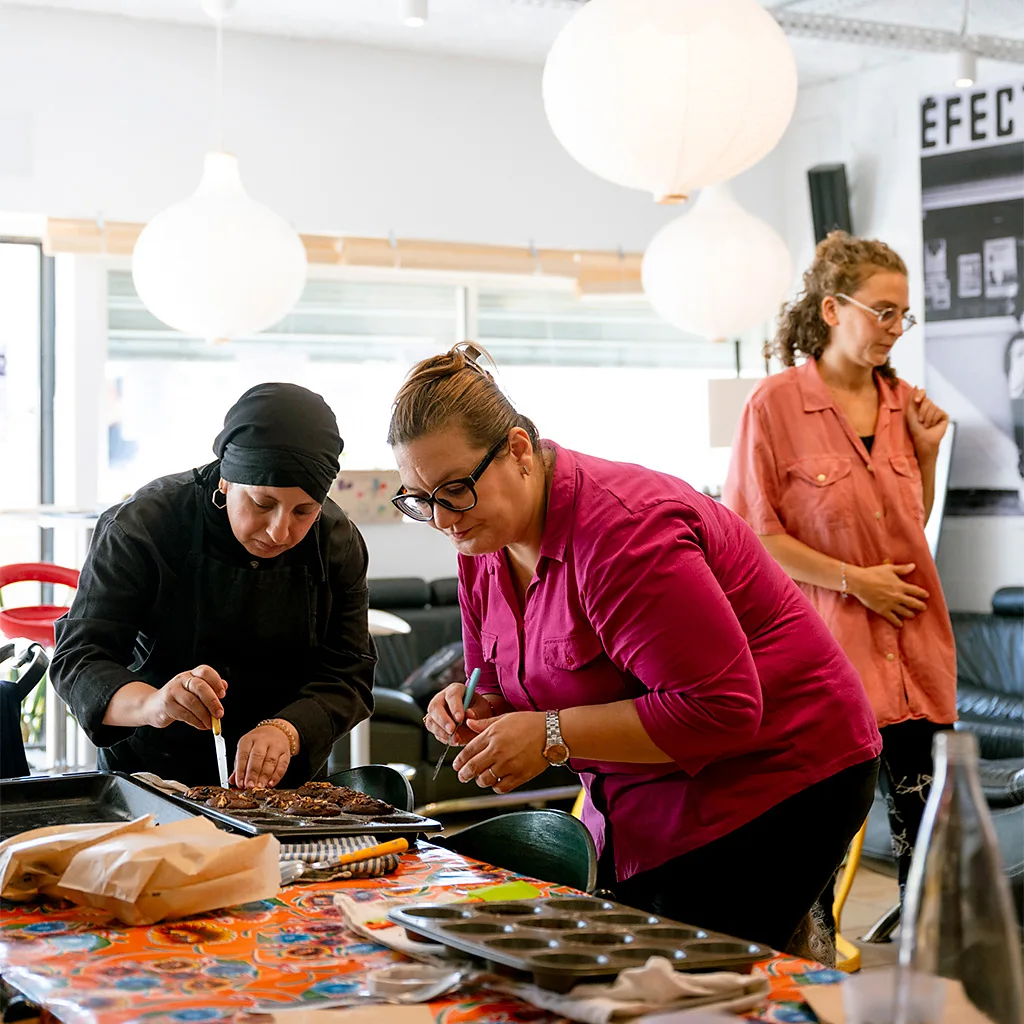
Dignity and Discretion in Meal Pricing
Le République implements a carefully designed system ensuring dining dignity regardless of price paid. The restaurant has established agreements with approximately 100 charitable organizations capable of reserving discounted meals. Crucially, all patrons receive billing discreetly following their dining experience, rather than announcing prices publicly. This deliberate design choice protects psychological dignity for those utilizing reduced tariff options.
When confronted with inevitable system-gaming questions, Martin responds with philosophical pragmatism: “If you are selfish enough to cheat, then do it. It’s your problem every morning in front of the mirror.”
L’Après M: Former McDonald’s Transformed Into Gourmet Social Enterprise
Staff Takeover Creates Culinary Excellence From Corporate Closure
L’Après M represents another compelling example of Marseille’s social enterprise innovation. When the McDonald’s franchise closure eliminated employment opportunities, the restaurant’s former staff executed a remarkable takeover strategy. The team collectively purchased the premises and fundamentally reimagined the space as a social enterprise restaurant serving gourmet hamburgers created by a three-star Michelin-chef.
The establishment operates with deliberately eclectic ambiance: sophisticated culinary creations are served to the rhythmic accompaniment of Algerian rap music, reflecting Marseille’s cultural diversity. Beyond restaurant operations, L’Après M manages a free food-delivery service targeting people experiencing food insecurity, ensuring healthy takeout reaches those unable to access nutritious meals.
Chaleur: Marseille’s Newest Social Restaurant (Opened June 2025)
Trust-Based Pricing Model and Community-First Philosophy
Marseille’s newest restaurant solidaire, Chaleur, opened in June 2025 as a contemporary model for community-driven fine dining. The establishment welcomed patrons enjoying carefully crafted dishes like chilled cucumber soup adorned with clams, fresh figs, and roasted pumpkin seeds. Standard dining experiences with wine accompaniment cost approximately €25 (£21; $29 USD), positioning the restaurant competitively within fine-dining market segments.
However, Chaleur operates according to principles fundamentally challenging conventional restaurant economics. Patrons experiencing financial constraints can request a “tarif suspend”—literally a “suspended rate”—providing access to identical menus for merely €8 (£6.90; $9.29 USD). This trust-based system operates without requiring external charity partnerships, instead relying upon customer honesty and community solidarity principles.
Philosophy of Meaningful Work and Community Connection
Co-founder Raphaël Raynard articulates Chaleur’s operating philosophy with refreshing candor: “Benevolence is a selfish way of saying that I want to be fulfilled in what I do. What enriches us is knowing our work is contributing to creating connections and helping people.”
Chaleur’s team regularly extends hospitality beyond traditional diners, serving complimentary espressos to homeless neighbors. Recently, the restaurant donated 300 meals to workers engaged in labor strike activities, demonstrating commitment transcending standard business operations.
Co-founder Nausicaa Roux emphasizes Marseille’s distinctive character enabling social enterprise restaurant success. “As a result, there’s a real way of living together that I don’t think exists in Paris or London,” Roux explained. “Folks feel duty bound to help the one in five Marseillais who are born abroad. There is an openness not found in other cities in France.”
Marseille’s Historical Diversity: Foundation for Social Enterprise Success
2,600 Years of Migration Creating Cultural Synthesis
Marseille’s emergence as a global hub for social enterprise restaurants directly reflects the city’s extraordinary 2,600-year immigration history. Ancient Greek settlers established the first urban settlement during classical antiquity. Subsequently, Iberian Jews fleeing Spanish Inquisition persecution arrived, followed by Armenian communities during the twentieth century. This continuous migration pattern has systematized Marseille as France’s most diverse and religiously tolerant metropolitan area.
These successive waves of immigration created unprecedented cultural synthesis, bringing culinary traditions that enriched Marseille’s food landscape. Orange blossom water from Middle Eastern origins, used in iconic navette biscuits, arrived through merchant trade networks. Dates entered European commerce via the Vieux Port ancient harbor, likely accompanied by tomatoes, bananas, and other globally-sourced ingredients. The city’s dynamic dialect incorporates Amazigh, Occitan, and Italian linguistic elements, creating a linguistic “bouillabaisse”—referencing the famous local fish stew prepared from imported saffron and regional Mediterranean seafood.
According to historical research from University of Aix-Marseille’s research center, Marseille’s cultural diversity positions it uniquely among European metropolitan centers as an environment where economic integration with cultural acceptance flourishes.
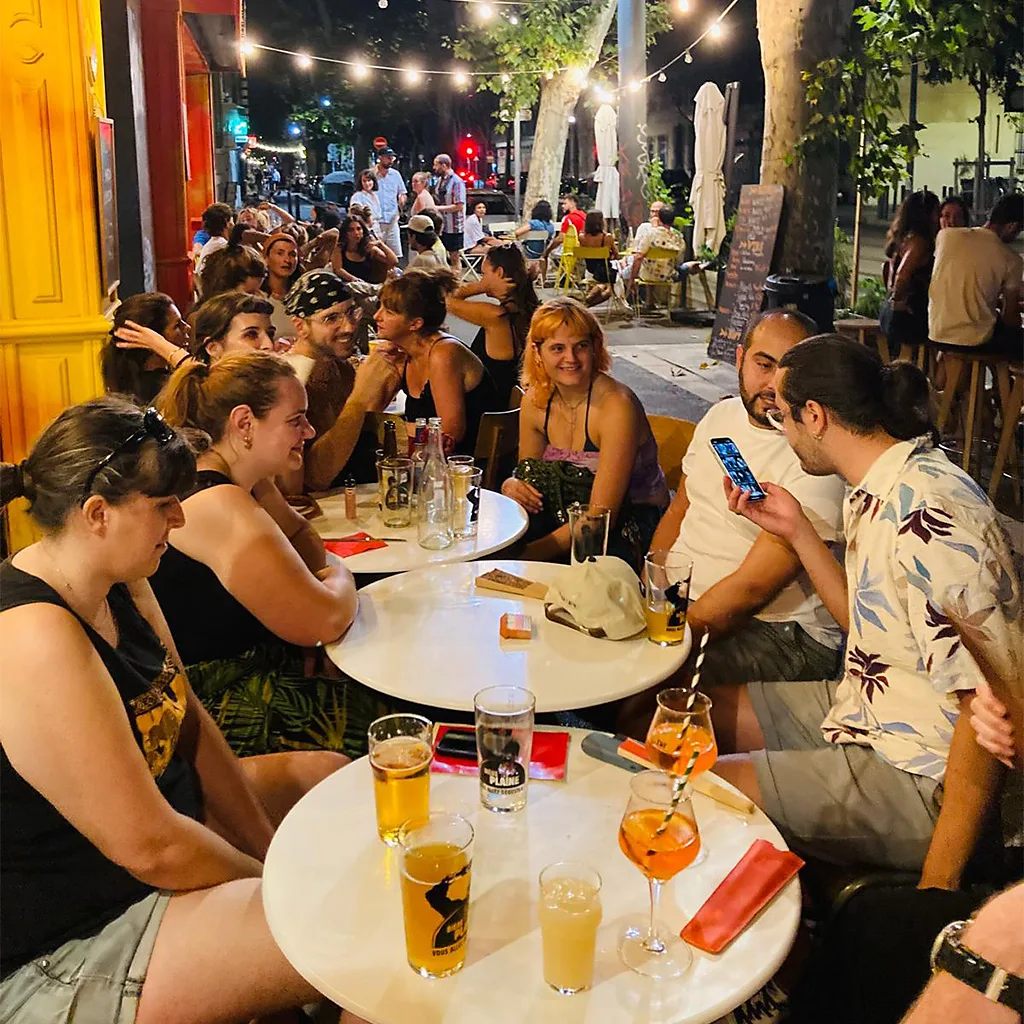
Le Réfectoire: Community Center Restaurant Model
Multi-Function Social Space in La Cabucelle Neighborhood
Le Réfectoire represents an innovative social enterprise restaurant model expanding beyond traditional dining functionality. Opened in April 2024 within La Cabucelle—Marseille’s historically economically-disadvantaged former soap-manufacturing district—Le Réfectoire functions simultaneously as restaurant, library, nursery facility, and information exchange center.
The neighborhood context underscores the establishment’s critical importance. Average incomes hover approximately €975 (£849; $1,131 USD) per month, representing roughly €500 below Marseille’s metropolitan average. The district traditionally lacked youth centers or adequate social infrastructure for community support services.
Founder Léna Cardo deliberately designed Le Réfectoire to address these infrastructure deficits. Every Monday, volunteer history teachers provide complimentary French language instruction to approximately a dozen mothers. Tuesdays feature free employment counseling sessions. The space accommodates parents learning French language skills and young adults seeking employment pathway guidance.
Daily Specials and International Chef Rotating Kitchen
Le Réfectoire’s culinary offerings reflect meticulous attention to ingredient quality and preparation standards. Daily specials cost approximately €12, featuring preparations like sea bream fillet on Provençal potato beds topped with tabbouleh and goat’s cheese galettes. Most significantly, Wednesday services feature international chefs originally hailing from countries including Congo and Morocco, who utilize kitchen facilities while retaining revenue from their culinary services. Excess profits funnel directly toward neighborhood socio-cultural activities.
Les Beaux Mets: Prison Restaurant Solidaire at Baumettes Prison
Rehabilitation Through Culinary Training and Employment
Perhaps Marseille’s most unconventional social enterprise restaurant operates within Baumettes Prison, the city’s maximum-security penitentiary. Les Beaux Mets—literally “the beautiful dishes,” serving as wordplay referencing the prison’s intimidating security classification—was established by Gérald Passedat, the legendary figure recognized as godfather of Marseille cuisine and founder of L’Après M’s gourmet burger initiative.
Passedat developed this prison restaurant program after recognizing that former incarcerated individuals systematically returned to criminal activity absent meaningful employment opportunities. The fine-dining restaurant, operating exclusively during lunch service hours, trains incarcerated individuals in professional culinary practices while simultaneously providing genuine employment experience.
Quantified Rehabilitation Success Rates
According to Baumettes Prison officials, 75% of inmates who completed training at the prison restaurant achieved formal employment or entered structured training programs upon release. This extraordinary success rate substantially exceeds recidivism prevention benchmarks established by European Prison Services research, demonstrating culinary training’s transformative potential for criminal rehabilitation.
Sylvain Martin acknowledges the particular challenges inherent in employing Baumettes graduates: “Taking people from Baumettes is one of the hardest insertions we have. They say yes to anything until the judge is confident enough to release them.” However, individuals demonstrating genuine commitment “are very, very motivated,” having internalized teamwork and temporal discipline through prison experience.
La Cabucelle District: Immigration and Cultural Heritage
Moorish Architecture and Economic Revitalization
The neighborhood housing Le Réfectoire reflects Marseille’s broader architectural and cultural heritage. La Cabucelle features distinctive Moorish architectural facades and Armenian churches, creating visual testament to immigration waves. Every day except Monday, the epic Marché aux Puces flea market bustles with antiques, residential clearances, and vintage Olympique de Marseille football memorabilia.
Cardo strategically positions Le Réfectoire to capture visitor spending: “If you’re buying something here, you give money for activities to people who need them.” This deliberate economic circulation model ensures tourism spending directly supports community welfare initiatives.

Marseille’s Culinary Renaissance and Global Influence
Docklands Rejuvenation and International Connectivity
The transformation from La Cabucelle neighborhoods toward Marseille’s rejuvenated docklands creates a veritable world culinary tour. E-scooters navigate streets serving Tunisian lablabi soup and Comoran breadfruit crisps. Laotian spring rolls and rainbow-painted staircases provide Instagram-worthy content opportunities. Within the docks themselves, nightly ferries connect to Tangier, Tunis, and Algiers, while container ships arrive from worldwide sources.
This infrastructure reflects Marseille’s historical position as Mediterranean commerce nexus, with contemporary implications for international ingredient sourcing and culinary inspiration.
The €1 Meal Philosophy: Challenging Fine-Dining Conventions
Evening Service Excellence and Sophisticated Pricing
Evening service at Le République concludes with turmeric-golden poached pears topped with tongue-numbing Sichuan pepper—sophisticated presentations indistinguishable from conventional Michelin-starred establishments. Yet here, approximately 40% of diners experience this excellence for €1 per complete meal.
The unspoken question driving restaurant solidaire philosophy remains straightforward: how can anyone reasonably enjoy fine-dining cuisine for €1? The answer lies in systemic reorganization prioritizing community benefit above profit maximization, strategic charitable partnerships, volunteer professional participation, and philosophical commitment to democratizing culinary excellence.
According to Slow Food International research on social enterprises, restaurants combining charitable missions with culinary excellence demonstrate increased community resilience and food security outcomes compared to conventional charitable models.
Conclusion: Redefining Restaurant Economics and Social Impact
Marseille’s social enterprise restaurant movement challenges fundamental assumptions regarding restaurant economics, employment accessibility, and culinary excellence democratization. By blending Michelin-starred preparation standards with community solidarity principles, approximately 10 establishments have created sustainable models proving that exceptional cuisine need not remain exclusive to wealthy populations.
These restaurants simultaneously address employment barriers for marginalized individuals, provide food security for economically disadvantaged populations, create cultural gathering spaces, and maintain culinary integrity reflecting Provence’s rich gastronomic heritage. From Le République’s employment rehabilitation programs to Chaleur’s trust-based pricing model, from L’Après M’s staff takeover success to Les Beaux Mets’ prison rehabilitation outcomes, Marseille demonstrates that restaurants can fundamentally contribute to social fabric improvement while honoring culinary excellence.

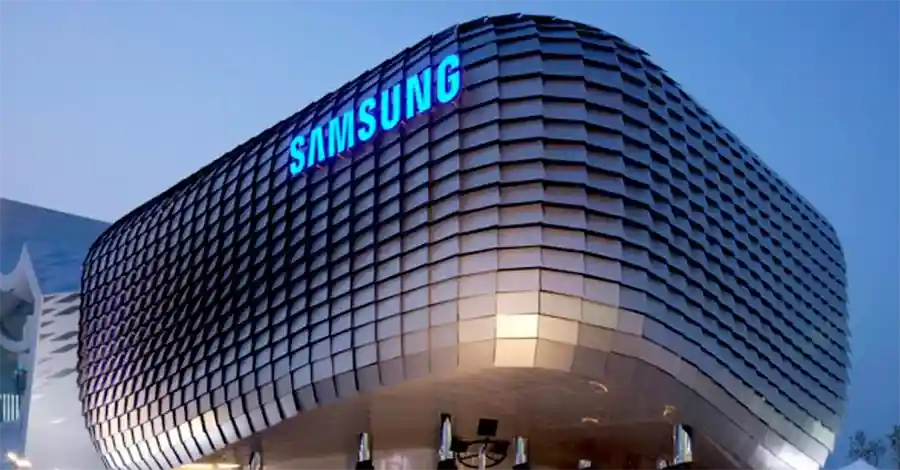










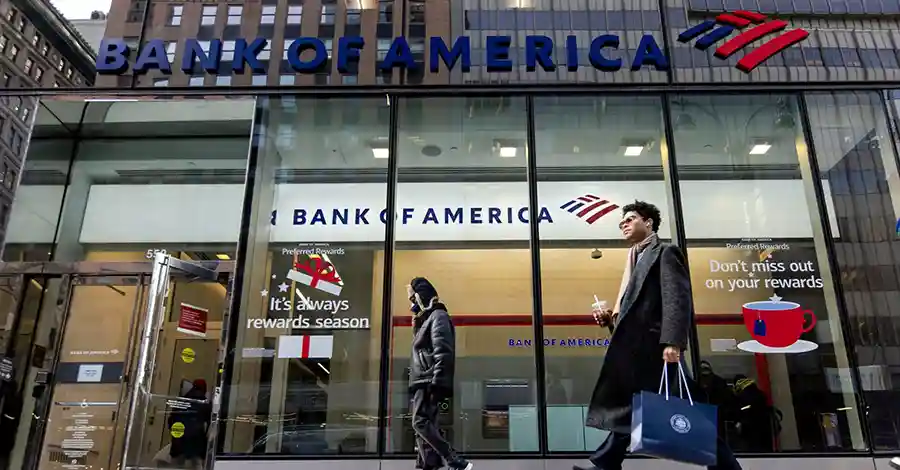

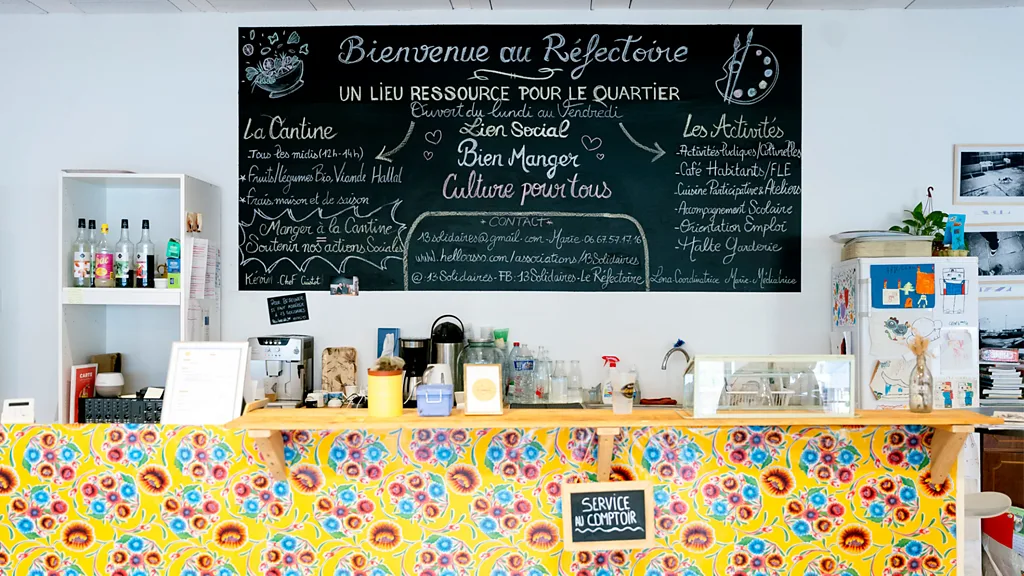
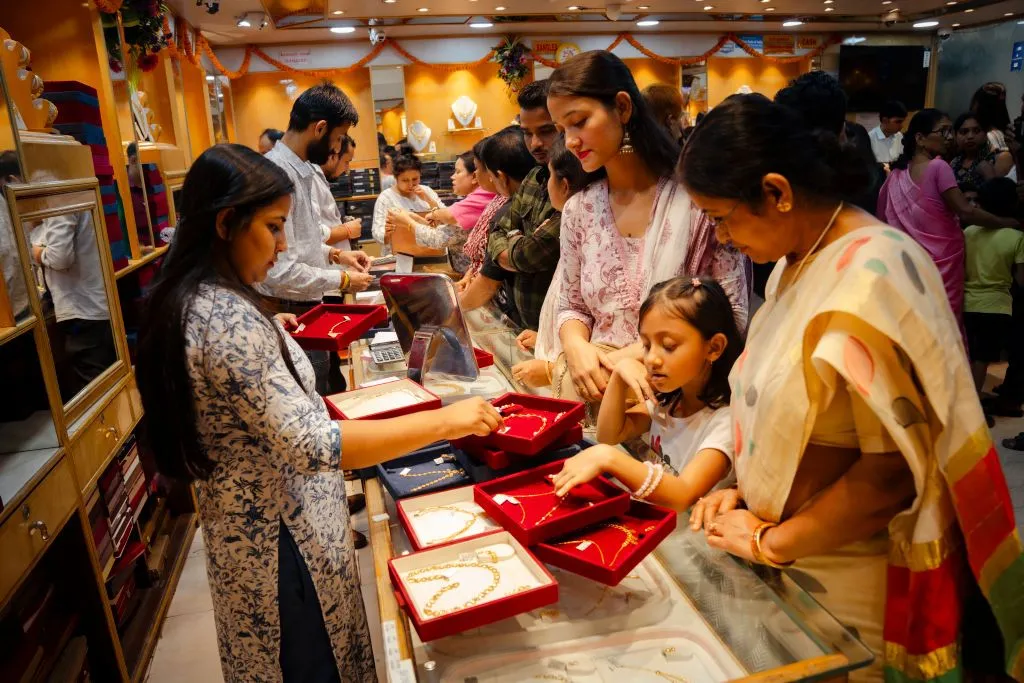



Comments